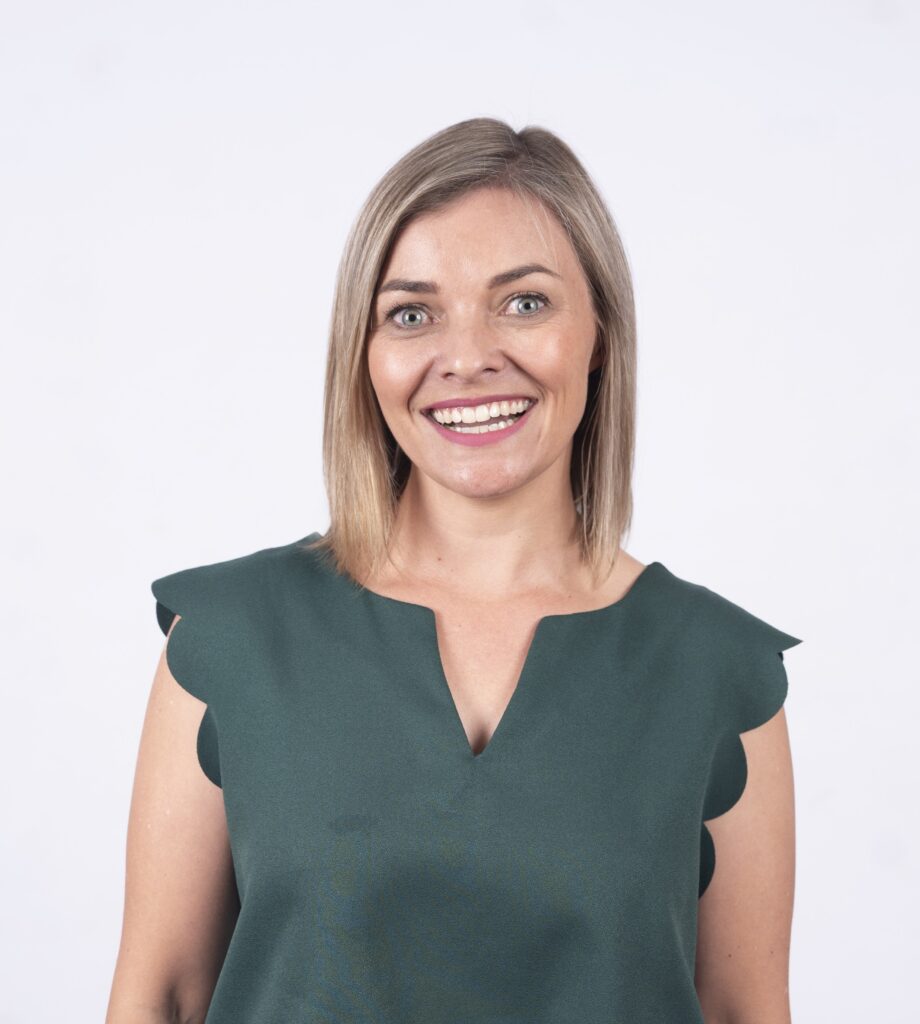EECERA Conference 2025 – Guest Blog # 27: From Learning Tool to Language Tool
Posted 22nd August 2025
One of a series of short blog posts by presenters who will be sharing their work at the upcoming annual conference in Bratislava, Slovakia. Any views expressed in this post are those of the author(s) and do not necessarily reflect the official stance of their affiliated institution or EECERA.
From Learning Tool to Language Tool: Reimagining Student-Created Therapy Videos in South African ECD
By Dr. Mignon Botes, University of the Witwatersrand, South Africa

Photo by dlxmedia.hu on Unsplash
In South Africa, many young children face developmental and educational barriers that are rooted not in their abilities, but in the systems around them. With 11 official languages, persistent inequality, and over 55% of children living in low-income communities, access to early intervention services remains deeply uneven.
Speech-language therapists are scarce in the public sector. Most families—especially those in under-resourced areas—face long travel times, high transport costs, and limited clinic availability. In this context, caregivers and early childhood centres are often left to bridge the gap without adequate tools or training.
But what if one solution lies in something as simple—and powerful—as a video?
What Happens When Students Become Creators?
At the 2025 EECERA Conference, I will present research from a service-learning project that asked this exact question. In partnership with early childhood centres in low-income areas of Johannesburg, final-year speech-language therapy students were tasked with designing pre-recorded therapy and caregiver-training videos.
Their mission: Create simple, accessible, culturally relevant content to support early language development—without relying on expensive software or studio-level production. These videos were not theoretical assignments; they were implemented on-site with real children and caregivers.
The project had two intertwined goals:
- Equip students with digital intervention skills, and
- Explore the potential of their video products to serve as sustainable tools for language enrichment in LICs.
What Did We Find?
Using a mixed-methods approach, we analysed both the videos (using a structured scoring rubric) and the students’ own reflections (written and via focus group). The combined data tells a compelling story.
Digital Growth Was Real—But Uneven
Students began with limited experience in video production, yet many reported significant confidence gains by the end. They learned to script, record, narrate, edit, and refine their work—often teaching themselves new tools like Canva, TikTok, and AI-assisted design.
Quantitative scores showed strengths in video length, clarity, and engagement, but challenges remained in technical quality and alignment with therapy goals.
Clinical Thinking Emerged in New Forms
One of the most interesting findings was how students struggled—but persevered—to translate therapeutic concepts into video. Many realised just how difficult it is to explain language goals in a caregiver-friendly way or to design a game that meets developmental milestones and holds a child’s attention.
This process deepened their understanding of therapy and made them think critically about accessibility, cultural fit, and attention span.
Pride and Professional Identity Flourished
Perhaps most striking was the emotional tone of the reflections. Students weren’t just submitting another assignment—they were building something real. One wrote:
“It wasn’t just a project—it was our story. I now see myself as someone who can adapt and create, not just follow a therapy script.”
Many said they felt proud to show the videos to family, to the children at the centres, or even to future clients.
A Tool for the Future
While the focus was on student learning, the videos themselves had a real and immediate impact. Caregivers used them. Children watched them. Practitioners provided positive feedback.
This tells us something powerful: Pre-recorded therapy videos can work—not just as learning tools for students, but as language tools for communities. They are low-cost, repeatable, adaptable, and require minimal supervision to implement.
In low-income early childhood centres where one-on-one sessions are impossible, these videos offer a sustainable way to:
- Introduce key language concepts,
- Train caregivers, and
- Bridge the digital divide in health and education.
What Will EECERA Audiences Gain?
In my presentation, attendees can expect:
- A walk-through of our mixed-methods findings and student-created materials,
- Examples of how digital media is being used in a multilingual South African context,
- Reflections on the dual value of digital projects for learning and service,
- And practical insights into how educators can better integrate digital design into allied health training.
Whether you’re interested in early language development, caregiver engagement, or curriculum innovation, this session will offer a grounded look at what it means to create meaningful digital tools with students, for communities.
About the author:
Dr. Mignon Botes is a lecturer in the Department of Speech Pathology at the University of the Witwatersrand, Johannesburg. Her interest lies in the areas of pediatric language development, multilingualism, early intervention, and digital service delivery. Her research focuses on language and literacy development in under-resourced communities, culturally responsive assessment tools, and digital innovation in speech-language therapy training.
Dr. Botes collaborates across disciplines and actively contributes to academic service-learning, working closely with early childhood centres and schools in low-income contexts. She is passionate about developing sustainable models for accessible speech-language support in South Africa and beyond.
Dr. Mignon Botes will present work referred to in this blog in Symposium Set D11 (Wednesday, the 27th of August). (Schedule liable to change; please refer to final programme for details).

Contact details:
https://www.linkedin.com/in/mignon-botes-2a48aa318
| Dr Mignon Botes, MA (Early Childhood Intervention), PhD (Speech Therapy) |
| Lecturer | Speech Pathology and Audiology, School of Human and Community Development |
